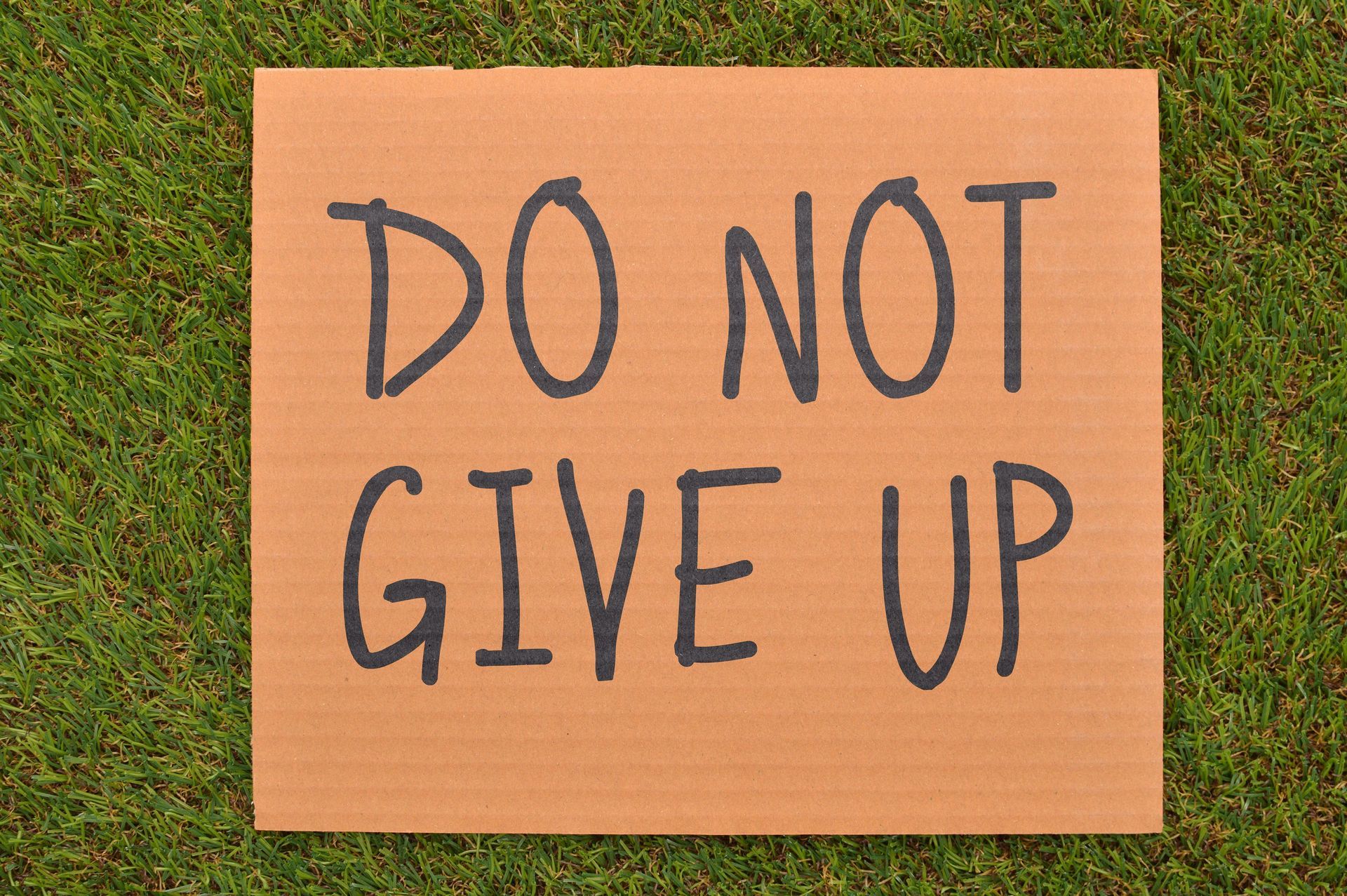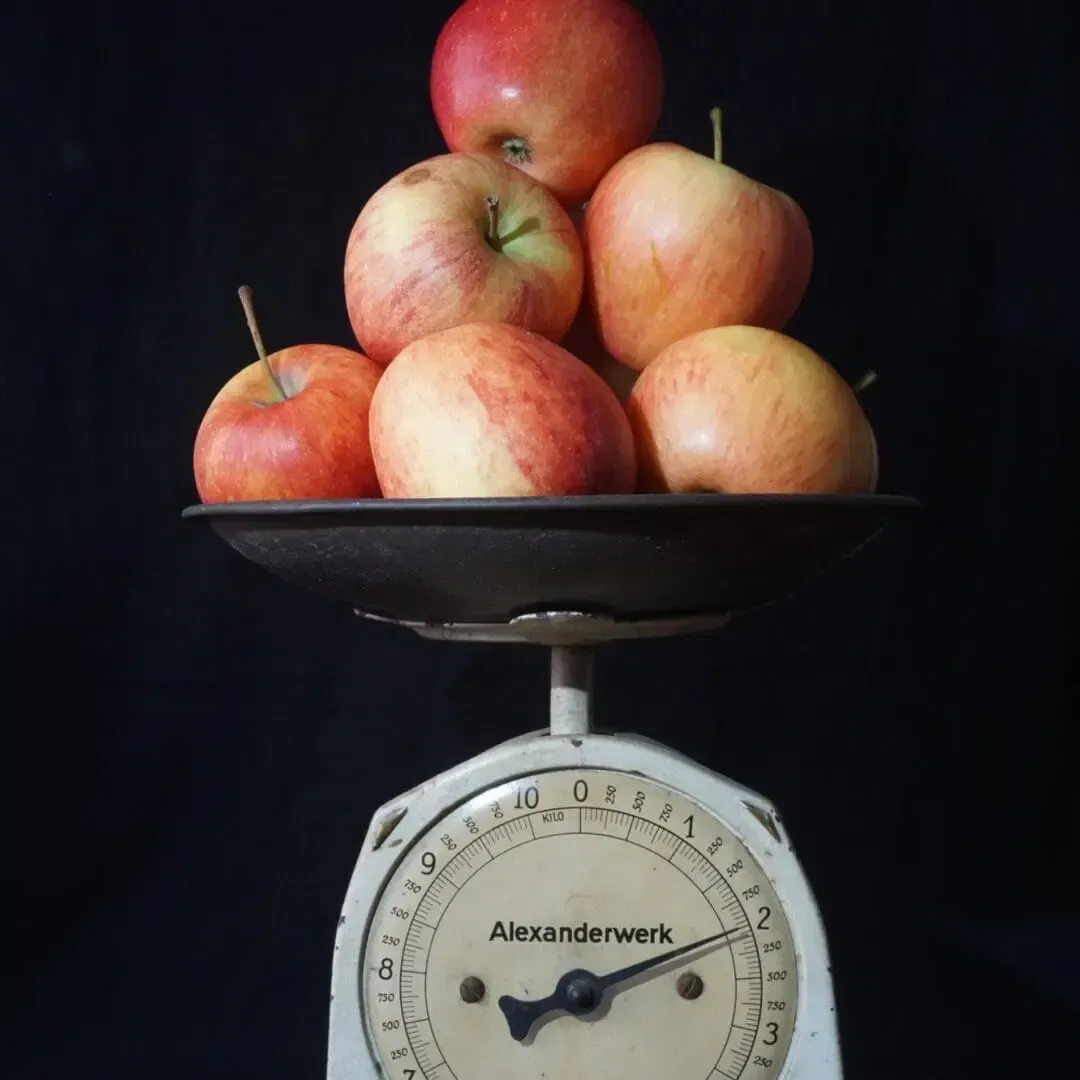How weight loss is exactly like football
As summer fades into fall, the world around us transforms in gentle, comforting ways. The air turns crisp, carrying the earthy scent of fallen leaves, while trees burst into shades of orange, yellow, and red. And also…
FOOTBALL. IS. BACK.
Nothing against pumpkin spice, but it’s got nothing on the gridiron.
…And this is like losing weight how?
Hear me out. In football, you have offense and defense. Offense is where you try to score points, defense is where you try to prevent your opponent from scoring points. When losing weight, you have exercise and diet. Exercise is like offense where you’re taking action to achieve your goals. And basically everything else is defense.
If you’ve ever watched a football game, you’ll know that teams spend roughly half the game (30:00) on offense and the half on defense (30:00). If you’re watching a game and a team’s offense is on the field for 20 total minutes throughout the game. They likely lost…badly.
So now let’s come up with a scenario. Let’s say you’re the head coach of your favorite team (that would make me Sean McVay ), but the Commissioner has imposed a new rule on your team and your team only. In a 60:00 game, you’re only allowed to be on offense for 2:30, which means you have to play defense for 57:30—thanks a lot Roger Goodell. This is going to be a really tough game to win.
Well guess what? When losing weight, it’s reasonable that you’ll only get about 1 hour per day where you can exercise, which means that 23 hours you’re on defense. This is basically getting the equivalent of 2:30 of offense in a football game.
To win at the game of weight loss, we’ll need to embrace the old football saying, “the best offense is a great defense.” We’re going to need a world-class defense, and this is how we’re going to build it.
Sleep
In the weight loss game, sleep is your tackling—the key to slowing down the opposition and staying in control. Yet, so many Americans are getting burned because they aren’t getting enough sleep. Studies show that about 1 in 3 adults in the U.S. aren’t hitting the recommended 7-9 hours of sleep each night. Instead of resting, they’re awake, and guess what? That extra awake time often means more snacking and calorie consumption. Just like giving the other team too much possession time, staying up late opens the door for more opportunities to make bad diet choices.
It gets worse. When you’re chronically underslept, the hormones that control hunger and fullness—ghrelin and leptin—get out of whack. Ghrelin, the hormone that makes you feel hungry, ramps up, while leptin, the one that signals fullness, goes down. This hormonal imbalance makes you crave more food, even when you’re not truly hungry. It’s like sending your players back onto the field after a big tackle without giving them time to catch their breath. They’re exhausted, and now, they’re not ready to defend the next play.
So, by getting enough sleep, you’re tackling effectively—giving yourself the chance to recover and stay strong, making sure your defense doesn’t crack under pressure.
Diet
When it comes to weight loss, your diet is like having a top-tier secondary pass defense. Just like how a solid secondary can prevent the opposing team from making big plays down the field, a smart diet will keep you from overconsuming calories. Sure, we have to eat—just like a defense can’t stop every single yard gained—but the goal is to limit the damage. By managing how many calories you’re consuming and focusing on quality, you’re preventing the “big play” that could set you back on your weight loss journey.
But it’s not just about counting calories; it’s about being prepared. You’ve got to know what your biggest cravings are—those tempting high-calorie foods that can blow right past your defense. This is like watching game tape before the big game. If you know what to expect, you can strategize and not get caught off guard when a craving hits. For example, if you know you always crave something sweet at night, you can plan ahead by having healthier alternatives ready, like a piece of fruit or a yogurt instead of that pint of ice cream. It’s all about knowing your weak spots and being ready with better choices.
A great secondary doesn’t just react; they anticipate. They’ve studied the tendencies of the opposing quarterback and wide receivers so they’re ready to block or intercept a pass before it even happens. In the same way, by knowing your own eating habits and cravings, you can anticipate and counter them with healthier, more nutritious options. This is how you stop the big calorie plays from happening in the first place and keep your weight loss defense strong.
Non-Exercise Activity Thermogenesis (NEAT)
Non-Exercise Activity Thermogenesis, or NEAT, is the energy you burn doing everyday activities that aren’t considered traditional exercise. Things like walking around the house, fidgeting, cleaning, or even taking the stairs instead of the elevator all fall under NEAT. While these actions may seem small, they add up and can make a significant impact on how many calories you burn throughout the day. It’s like the secret weapon of weight loss—calories burned without even hitting the gym.
In football terms, NEAT is like your defense being able to score points through a Pick Six. When your defense snags an interception and runs it back for a touchdown, that’s bonus points for your team without needing the offense on the field. Similarly, NEAT is burning calories without having to put in the effort of a full workout. Think of it as free points towards your weight loss goal!
Just like how forcing a fumble and recovering it for a touchdown can swing the momentum of a game, incorporating more NEAT into your day can tip the scales in your favor when it comes to weight loss. Small things, like standing while working or taking a short walk during lunch, can make a big difference over time.
The more NEAT you can add into your daily routine, the more “points” your defense scores, and the easier it is to stay ahead in the weight loss game—even when you’re not on offense. It’s all about taking advantage of every opportunity to burn calories, just like a defense taking every opportunity to score!
Exercise
Now that we’ve assembled a smothering defense that would make the ’85 Chicago Bears look like the second-string defense of your high school’s JV team, it’s time to take control of the game and start racking up those points. We need an offense that can strike at will. I’m talking “Greatest Show on Turf” status (Jeez, Kolby, another Rams reference?).
When it comes to weight loss, exercise is your offense—the part of your game plan where you score points and make real progress. Just like any good football offense, a solid exercise regimen needs to be performed at a high intensity. This is the no-huddle, up-tempo attack that keeps the defense on its heels, constantly burning calories and building endurance. High-intensity workouts push your body to its limits and force it to adapt, much like a team pushing for that game-winning drive.
Strength training is another key piece of a winning offense. You don’t just want to move the ball—you want to dominate the line of scrimmage. Strength training builds muscle, which not only makes you stronger but helps you burn more calories even at rest. Think of it like having a powerful run game that controls the clock and wears down your opponent. Incorporating weights or bodyweight exercises into your routine ensures you’re building lean muscle that boosts your metabolism.
Lastly, just like any successful offense needs to have fun and chemistry on the field, your workout should be something you actually enjoy doing. Whether it’s CrossFit, running, cycling, or swimming, finding an exercise you look forward to is crucial. When you love what you’re doing, it doesn’t feel like work—it feels like playing the game you love. So, mix it up, find your passion, and let your offense run wild. With the right balance of intensity, strength, and enjoyment, you’ll be racking up points in no time.
Coaching
No great team can succeed without a coach to guide them. A coach orchestrates the game plan, keeps you accountable when you slip, and pushes you when the going gets tough. They know how to help you stay focused on your goals and adapt when things don’t go as planned. At East Lansing CrossFit, that’s exactly what we do—our expert coaches are here to support and motivate you every step of the way without having to bite off any kneecaps. Ready to get in the game? Sign up for an intro session using the link below, and let’s start building your winning strategy today!












